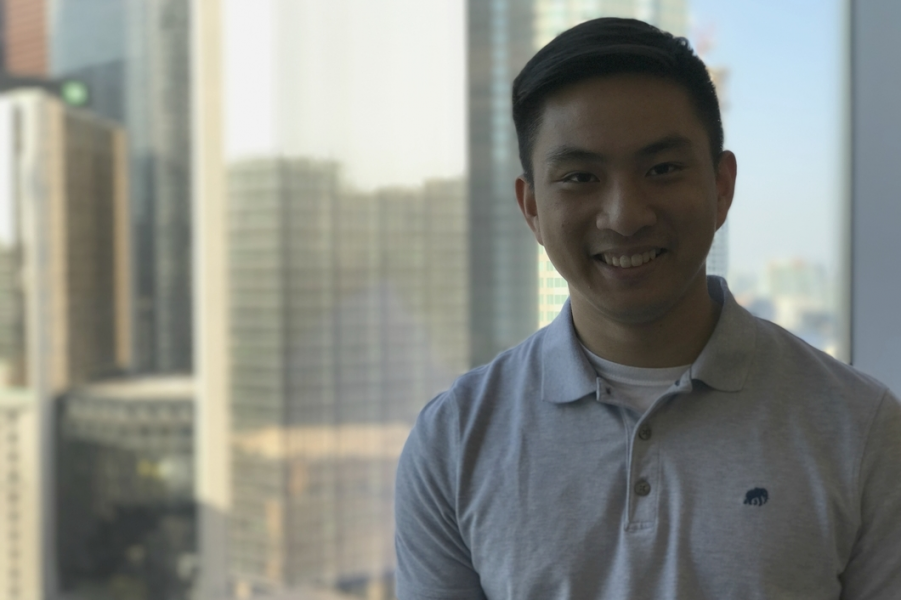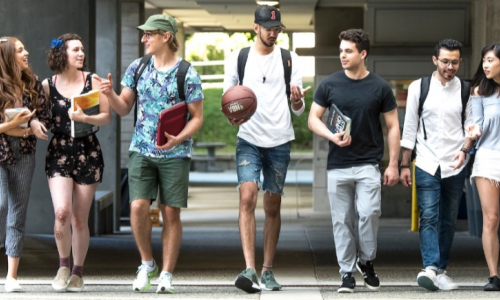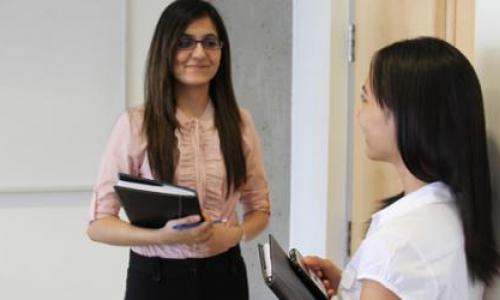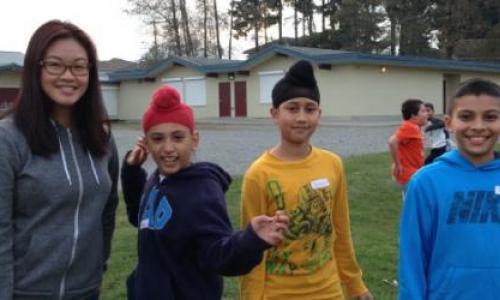
I'm a senior computer engineering student who previously worked at BlackBerry in Mississauga, Ontario as a Software Test Associate for a year. During my time there, I volunteered as the BlackBerry-SFU Ambassador and helped the co-op office review and prep students who have applied to BlackBerry or landed an interview with them. In addition to that, I've been a part of the recruitment and on-boarding processes, working alongside managers and Human Resources (HR) staff at BlackBerry. These experiences gave me insight into what companies look for when interviewing students and graduates. I'm now working as a co-op student at TELUS in Toronto, in their software design team. During my time here so far, I’ve networked and had many discussions with managers and engineering recruitment teams. These discussions have guided me as to what they look for when recruiting and what the future might hold for in-demand skills.
The Resume
In my time at BlackBerry, I was given the opportunity to review many SFU resumes of students who landed an interview. Many of these students were computer science students, some of which were engineering students. I'll tell you what stood out the most: all the resumes that went to the next round contained either personal projects or previous work experiences. When I reviewed these resumes, I actually spent a good amount of time reading through them, as I had to provide mock interviews for some students to help prepare them for the real thing. To be honest, most of the resumes had more or less the same structure: technical skills, soft skills, a layout with nice fonts and design. What made a resume get past the HR screening were the personal projects the candidates had invested time in during semester breaks. The HR staff mentioned receiving several hundred applications per semester, and that they only spend a few glances on each resume. What I'm trying to say is that it's critical to go above and beyond the minimum. If this degree truly means something to you, then it needs to become your hobby as well, and you should try looking into doing a project during the semester breaks.
To give you some insight, 13,876 undergraduate engineering degrees were awarded in Canada in 2014 alone. Thus, it's most likely a safe bet to predict this number is well over 15,000 by now. Think about that. There are potentially over 15,000 other graduates with the exact same education as YOU. Moreover, when you graduate or apply for a co-op position, you're not only competing with engineers. In fact, there are many engineering jobs that can be fulfilled with computer science and physics degrees as well! So, when you apply for your co-op or dream job after graduation, realize this: to those corporations, you’re one student in a pool of hundreds of applicants. What makes you special? Your personal projects! I’ve seen people participate in hackathons and engineering competitions, and build their own applications, motivated by creative ideas and new technologies. Some of the more interesting technologies I’ve seen used in building personal projects include the Raspberry Pi and using fun open-source APIs to implement creative applications and games. If you can't find a project to get involved with, reach out to some of the clubs on campus through the SFU Computer Science Student Society (CSSS) or the Engineering Science Student Society (ESSS) and lend a hand where you can.
For those of you who finish your engineering degree with a decent GPA, you might suggest this would make you stand out. To that, I would agree to an extent, but not as much as you might think. When looking for someone to replace my co-op position at the end of my work term, my manager and I sifted through resumes and narrowed our choice down to two candidates. One candidate was an average C/C+ student. Although bolstering a less-than-stellar transcript, the student had personal experience in software engineering and worked on side projects. The other candidate had a strong 95% average with a 4.0 CGPA and was entering their third year of study. Their resume was full of classical theory, school labs and projects, but had no other personal project or work experience. In the end, we decided on the C+ student because, although their grades didn't reflect it, they knew much more about the software design life cycle than the other candidate. From this, you can see that a high GPA will make you stand out and it might help get you an interview. However, employers know better than to rely solely on a number, and sometimes self-learners win the race. For anyone who has yet to land a co-op, take some time and think of some projects you can do on weekends or during semester breaks, it does make all the difference.
Insight Into the Future
At TELUS, I've had great discussions with managers and senior employees who’ve seen countless new hires and interviewed countless employees. During a conversation with my manager, I asked him, "What do I need to do to be successful when I graduate, and what have you seen in the past with previous hires?" In summary, my manager’s answer was that he believes successful graduates need to have a mindset to lead innovation. Often, students apply for engineering jobs, development jobs, and testing jobs just because they want to scramble out of graduation and grab onto the first company that will take them. Some graduates settle into these positions and stay there for a very long time. The fact is that we, as upcoming graduates, need to realize that the world is getting smarter and smarter each day. Children as young as three have learned to handle tablet devices, something some adults and seniors can struggle with.
When I graduated high school in 2011, I never had to take calculus or touch code. In five short years, the grade school curriculum has changed. There is an emphasis on mathematics and coding. In fact, the BC government has begun the process of integrating coding classes to students from kindergarten to grade 12. In ten years, talented coders will no longer be a rarity and there will be a surplus of talent in the province. My manager at TELUS believes that for upcoming graduates to be successful, we need to focus on our leadership, project management and team collaboration skills. In ten years when these coding prodigies graduate, they will ultimately replace the developers and engineers of today. Therefore, companies will be looking more at our generation to lead and guide these new hires. This might sound easy, but not everyone has the ability to lead. Not everyone can lead meetings, scrums, present to managers, VP's, clients, and vendors. Not everyone can manage a group of 30 engineers or even a group of 15 students. This is where the true shortage lies.
Wrap Up
Co-op is important, and building technical experience is critical in landing a job after graduation. Anything you can do beyond your degree will make you stand out from the thousands of graduates who will have the same educational background as you. We, as upcoming engineering graduates, need to remind ourselves to not take our hard work for granted when we graduate. The journey isn't over once the last exam is written. Take time to invest in personal projects or get involved with those on campus, and find ways to integrate leadership skills into your everyday work—whether leading your group in-class projects, leading team meetings or taking the lead on other projects while on a co-op work term.
Cheers!
Beyond the Blog
-
Visit the SFU Co-op page to find more opportunities like Paul's!












